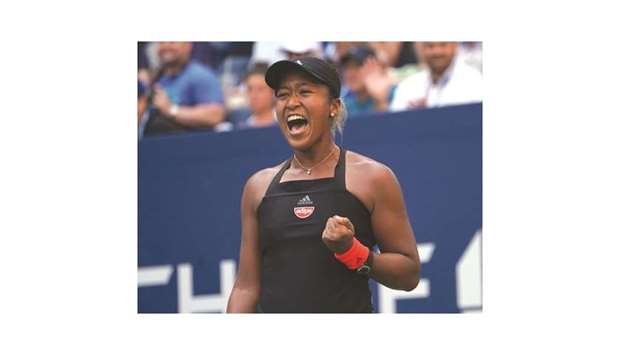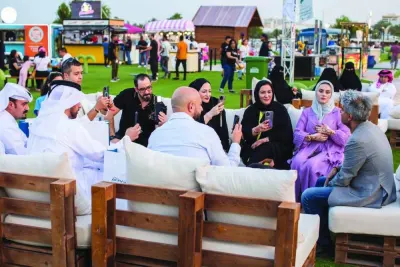Japanese player Naomi Osaka is just a little annoyed that questions about her cultural identity keep coming up.
Trying not to sound irritated during her press conference Wednesday after her quarter-final win at the US Open, she explains that she was born in Osaka, Japan to a Japanese mother and Haitian-born father. “My dad’s Haitian, so I grew up in a Haitian household in New York,” the 20-year-old said, seeming blissfully unaware that her mixed-race, mixed nationality is an anomaly in women’s tennis.
“And my mom is Japanese. I grew up with the Japanese culture, too,” she continued. “If you’re saying American, I guess because I lived in America, I also have that, too.”
As Osaka emerges as a rising star on the women’s tour however, the more likely it is she’ll have to tolerate questions about her unconventional background.
It’s not every day that a player with ties to Japan, Haiti and the United States breaks through in women’s tennis. Osaka made it into her first major semi-final with a commanding straight-sets defeat Wednesday of Lesia Tsurenko of Ukraine.
The win makes her the first Japanese woman to advance to the last four at the US Open in the open era and the first Japanese woman to reach a grand slam semi-final since Kimiko Date at Wimbledon in 1996. Her success at the Open thus far, following her victory at Indian Wells, California in March, has only boosted expectations, which were already high after she was named Women’s Tennis Association (WTA) tour’s newcomer of the year in 2016. Osaka holds dual Japan-US citizenship.
As she explained to reporters again on Wednesday, when she was 3 years old she and her family moved to New York, where her father had previously attended college before moving to Japan. Her move to Florida came when she was about 8 years old as her family began to structure their lives around her talent.
Asked what she liked most about the disparate cultures, Osaka was enthusiastic about Japan. “Japanese culture? I kind of love everything about it,” she said. “I love the food. Everyone is really nice. There’s just a lot about Japan that’s really cool.”
When she’s there, she said, she doesn’t feel like she’s home, but on a “super-awesome extended vacation that I don’t want to leave.”
But she also thinks highly of the Haitian people. “If you ever met a Haitian person, they are just really positive and literally if you’re friends with them, then they will do anything for you,” she said.
She said she’s also recently got up the courage to start talking with Japanese star Kei Nishikori, who defeated Marin Cilic on Wednesday to reach the men’s semi-finals.
Since winning her third-round match on Monday, Osaka’s press briefings now draw reporters from all over the world, including many from Japan. Tears flowed after that win because reaching the quarter finals has been her “mental goal” for every grand slam, she said. There were no tears on Wednesday because, “Now I feel like it’s sort of like business again,” she said.
Osaka has been on the move in the rankings all year, starting at number 68 and climbing to her current rank of 19. A change in coaches at the beginning of the year preceded her rise. She is now instructed by Aleksandar “Sascha” Bajin, who previously was a hitting partner of Serena Williams and Caroline Wozniacki. Since starting to work with Bajin, she said her outlook is more optimistic.
“He tries to make every day really fun and exciting,” she said. “For someone like me that sort of thinks sometimes things are boring, I think that’s good for me.”
At Wednesday’s press conference she answered numerous questions in accent-free English, then fielded questions from Japanese reporters. She initially attempted to answer in Japanese, but switched to English, declaring with frustration, “Ah, I don’t know the words.”
But she made her attachment to Japanese culture clear and said she appreciates the attention she receives from the media there. Her focus remains on the US grand slam, which she watched on television as a child, with her eye on Williams as the player she most admired. “I always thought if I were to win a grand slam, the first one I’d want to win is the US Open,” she said.

324


